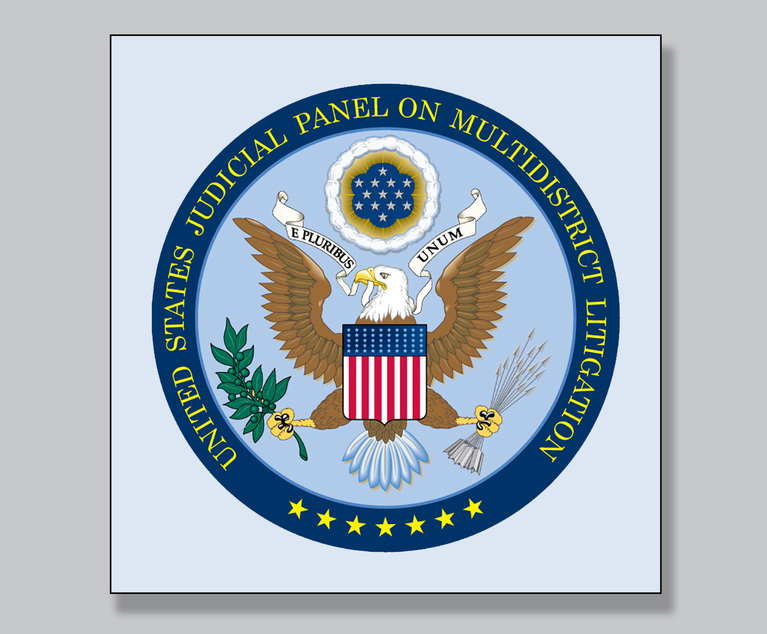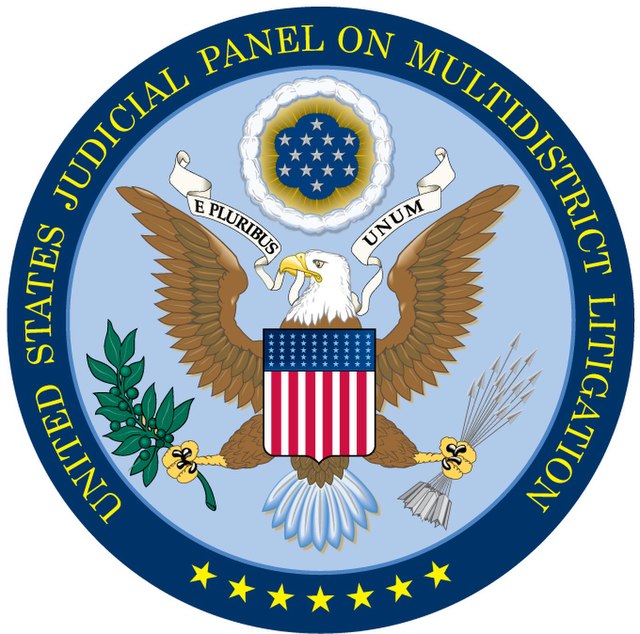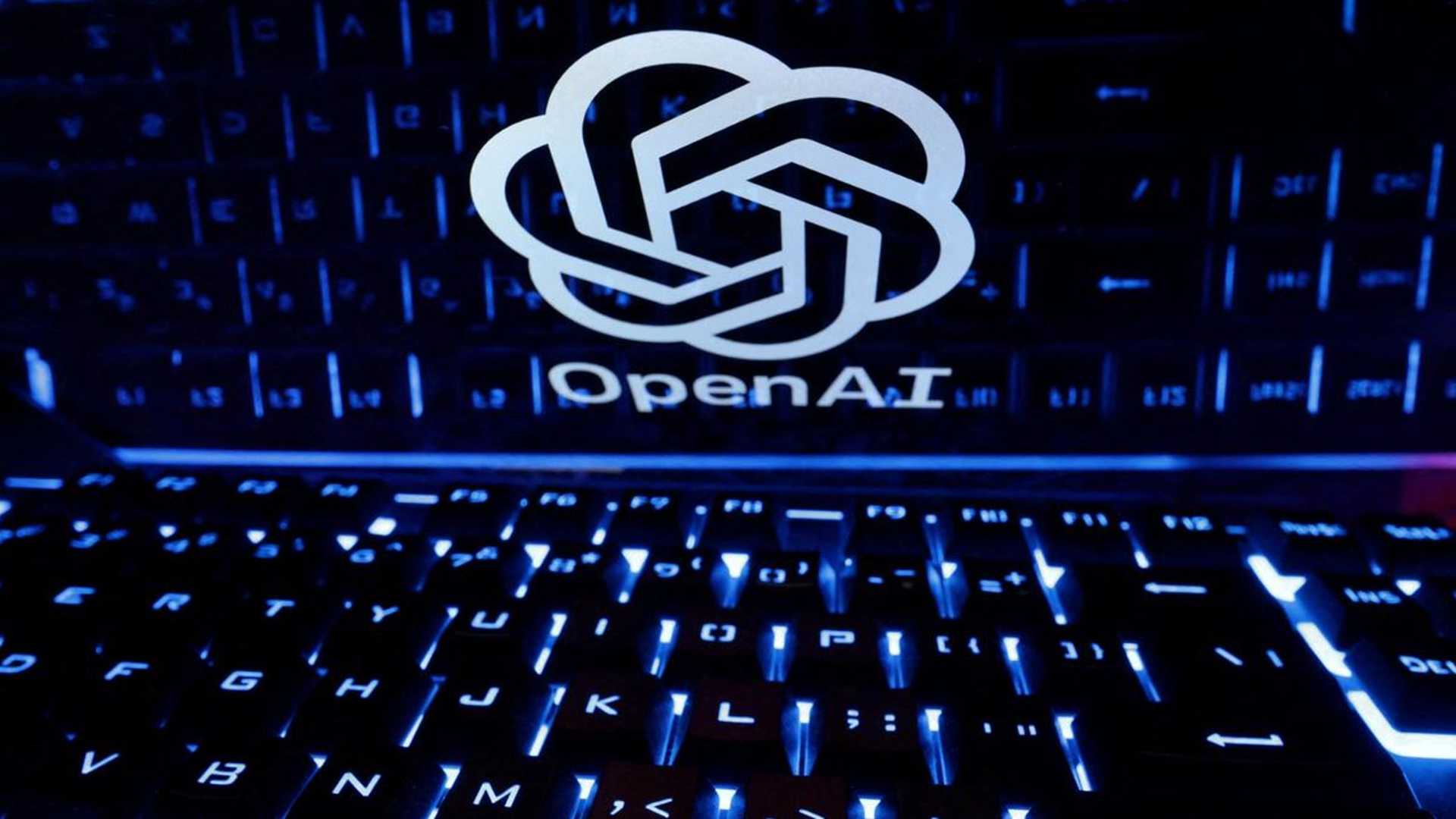OpenAI Copyright Suit Consolidation Portends Consistency, Risk
OpenAI Inc.'s tactical win consolidating a dozen copyright suits against it nevertheless carries risks for the company, as the matters proceed before a judge who’s already ruled against the company in key decisions.
Consolidation of Copyright Suits
The US Judicial Panel on Multidistrict Litigation last week centralized cases across the country in the US District Court for the Southern District of New York for pretrial activity. This consolidation could include dispositive motions such as summary judgment, as well as contentious discovery disputes that have been common among the cases.
Judge's Perspective
“This will help create more consistency in the pre-trial outcomes, but it also means that you’ll get fewer tries from different plaintiffs to find a winning set of arguments,” stated Peter Henderson, an assistant professor at Princeton University. The assigned judges had already been handling lawsuits brought by various parties, including authors such as Sarah Silverman and Paul Tremblay.

These pretrial proceedings are expected to remain contentious as they press novel questions about how copyright laws apply to generative AI technology, which could have vast implications for companies using millions of copyrighted works to train their models.
Fair Use Defense
OpenAI has not yet presented a fair use defense to courts, unlike other companies involved in generative AI cases. Authors and publishers argue against the fair use exemption for using protected work to train commercial technology without compensation.
Judge's Rulings
Judge Stein's prior rulings offer insights into his perspective on the issues and how they align or diverge from other judges. For example, he denied some of OpenAI's motions while allowing infringement allegations to proceed.
Venue Considerations
OpenAI requested the cases be transferred to the Northern District of California but were consolidated in the Southern District of New York instead. The choice of venue could have implications for the cases based on past judicial decisions and prevailing perspectives on copyright laws.

Final Thoughts
While the choice of venue may present advantages for some plaintiffs, there are likely to be coordination challenges and potential settlements as the cases progress. The consolidation of cases could lead to a global settlement involving all parties.
The case is In re: OpenAI, Inc., Copyright Infringement Litigation, J.P.M.L., No. 3143.




















